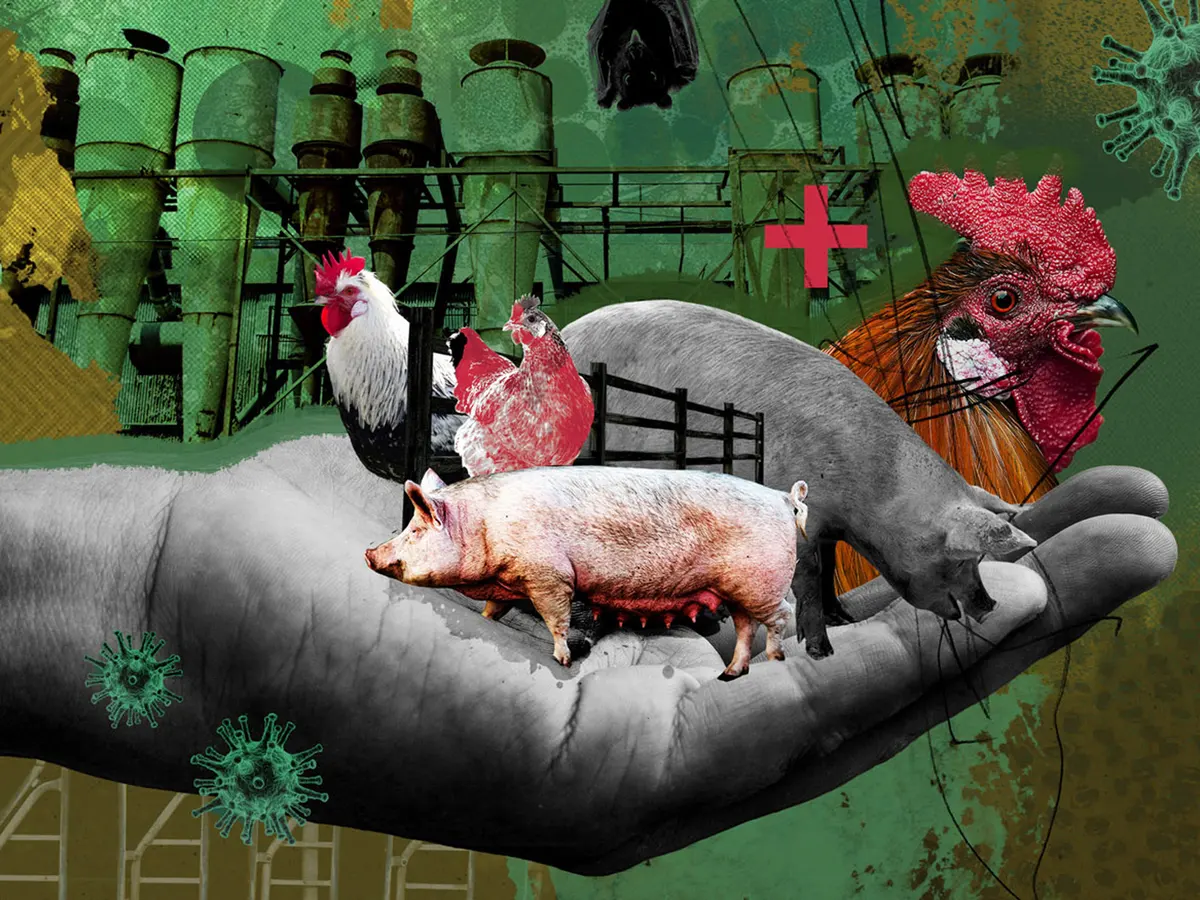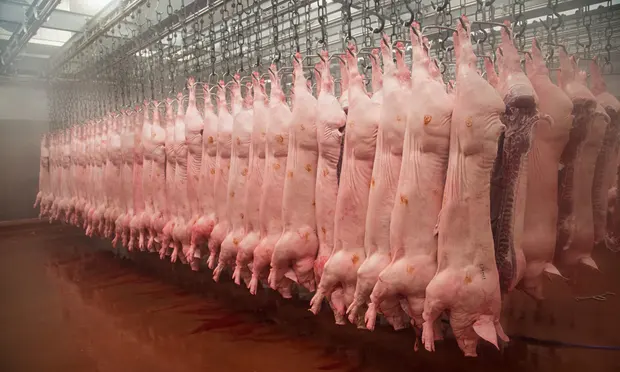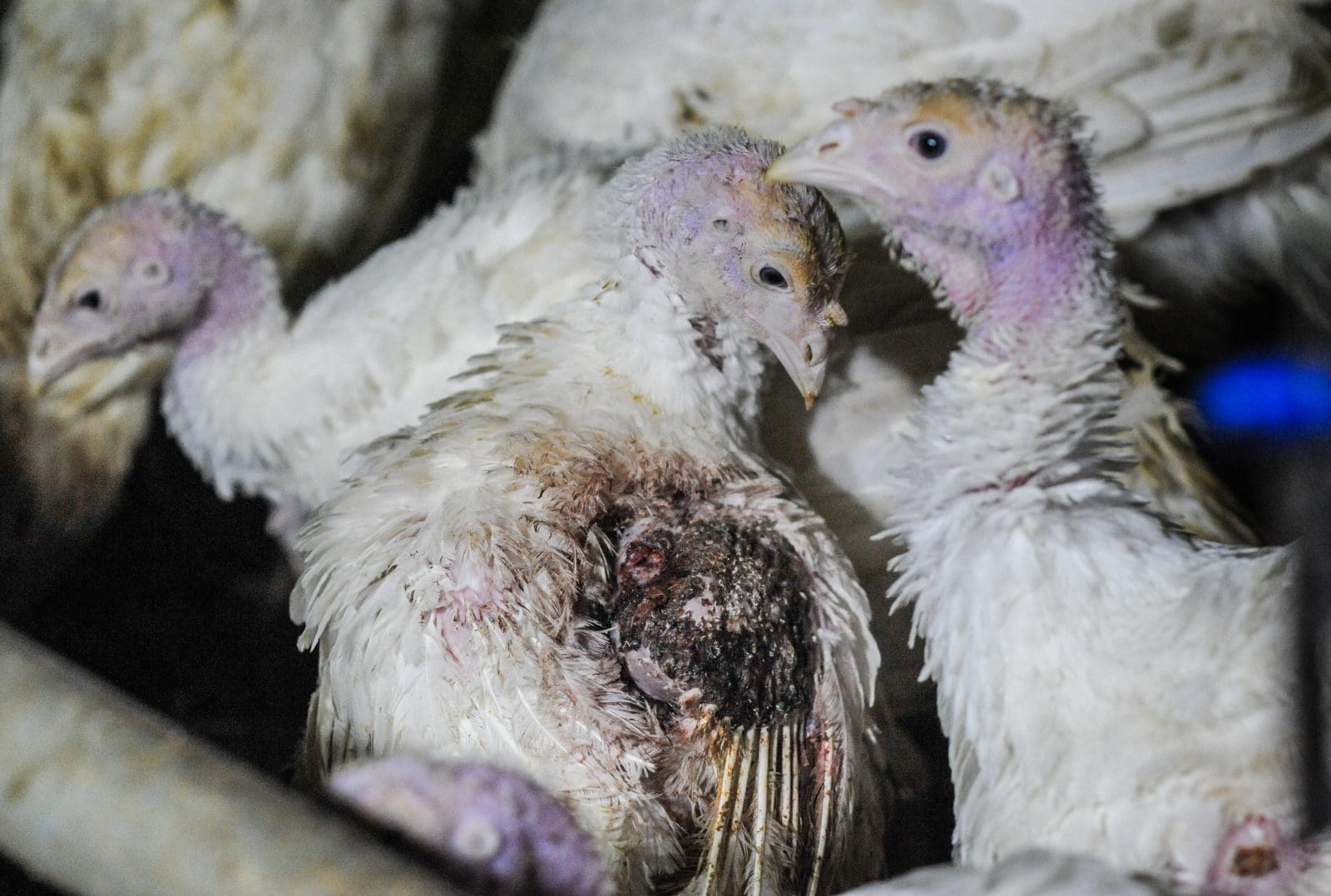The “Issues” section sheds light on the widespread and often hidden forms of suffering that animals endure in a human-centered world. These are not simply random acts of cruelty but symptoms of a larger system—built on tradition, convenience, and profit—that normalizes exploitation and denies animals their most basic rights. From industrial slaughterhouses to entertainment arenas, from laboratory cages to clothing factories, animals are subjected to harm that is often sanitized, ignored, or justified by cultural norms.
Each subcategory in this section reveals a different layer of harm. We examine the horrors of slaughter and confinement, the suffering behind fur and fashion, and the trauma animals face during transportation. We confront the impact of factory farming practices, the ethical cost of animal testing, and the exploitation of animals in circuses, zoos, and marine parks. Even within our homes, many companion animals face neglect, breeding abuses, or abandonment. And in the wild, animals are displaced, hunted, and commodified—often in the name of profit or convenience.
By uncovering these issues, we invite reflection, responsibility, and change. This is not just about cruelty—it is about how our choices, traditions, and industries have created a culture of dominance over the vulnerable. Understanding these mechanisms is the first step toward dismantling them—and building a world where compassion, justice, and coexistence guide our relationship with all living beings.
Factory farming has become a prevalent and lucrative industry, providing a constant supply of cheap meat to meet the demands of consumers. However, behind the convenience and affordability lies a grim reality - animal cruelty. The suffering endured by animals in factory farms remains largely unseen by the public, hidden behind closed doors and high walls. It is crucial to shed light on this dark side of industrial agriculture and raise awareness about the immense physical and psychological distress endured by these animals. In this post, we will explore the unseen suffering, inhumane practices, and the true cost of cheap meat in factory farming. The Unseen Suffering in Factory Farms Factory farming leads to immense suffering for animals, often unseen by the public. Animals in factory farms endure cramped and unsanitary conditions, causing immense physical and psychological distress. The use of confinement systems in factory farms restricts animals from engaging …






















































